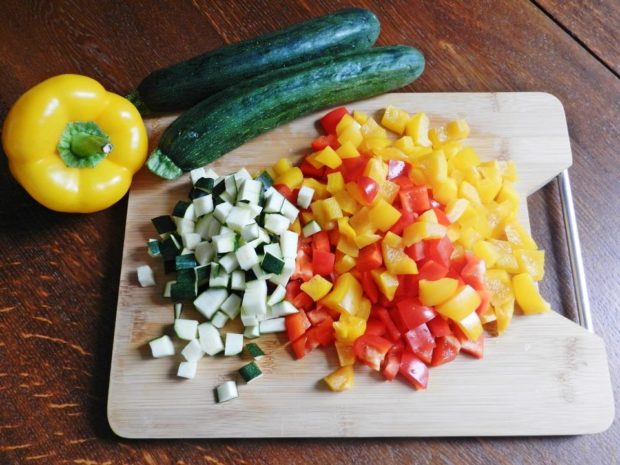5 Healthy Eating Tips for Busy College Students

For many college students, the hectic pace of academic life often leads to unhealthy eating habits. Fast food, late-night snacks, and irregular meals can become the norm, taking a toll on both physical and mental well-being and requiring the attention of a medical professional.
Eating habits can affect virtually every aspect of your physical and even mental health. Of course you can always seek medical attention with your personal physician, or if you have specific issues requiring attention at an institution like The Bunion Cure. But luckily, with a little planning and mindfulness, it’s entirely possible to maintain a nutritious diet while navigating the demands of college life. Here are some healthy eating tips tailored specifically for busy college students.
Plan Ahead
One of the biggest challenges for college students is the lack of time. Combat this by planning your meals and snacks in advance. Dedicate some time each week to create a simple meal plan and shopping list. Stock up on healthy staples like whole grains, lean proteins, fruits, and vegetables. Having these items readily available will make it easier to whip up a nutritious meal, even when time is tight.
Choose Nutrient-Dense Foods:
Opt for nutrient-dense foods that provide essential vitamins and minerals without excess calories. Include a variety of colorful fruits and vegetables in your diet, as they are rich in antioxidants and fiber. Choose whole grains like brown rice, quinoa, and whole wheat over refined grains for added nutritional value. Incorporate lean proteins such as chicken, fish, beans, and tofu to support muscle health and keep you feeling satisfied.
Snack Mindfully
Snacking is inevitable during the college grind, but it doesn’t have to be synonymous with unhealthy choices. Keep nutrient-packed snacks like nuts, yogurt, beef jerky sticks, and fresh fruit on hand to curb hunger between meals. Be mindful of portion sizes and avoid mindless snacking while studying. If you find yourself reaching for snacks out of boredom or stress, consider taking a short break to assess whether you’re genuinely hungry.
Stay Hydrated
Proper hydration is often overlooked but is crucial for overall health. Carry a reusable water bottle and aim to drink at least eight glasses of water per day. Water not only helps maintain bodily functions but can also prevent mindless snacking by keeping you feeling full. Limit sugary drinks and opt for water, herbal teas, or infused water for a refreshing and calorie-free alternative.
Enjoy Everything in Moderation
While it’s essential to focus on nutritious choices, it’s also crucial to indulge in moderation. Allow yourself occasional treats to satisfy cravings, but be mindful of portion sizes. Balancing your diet and enjoying a variety of foods will help you maintain a healthy relationship with food while still savoring the pleasures of eating.

